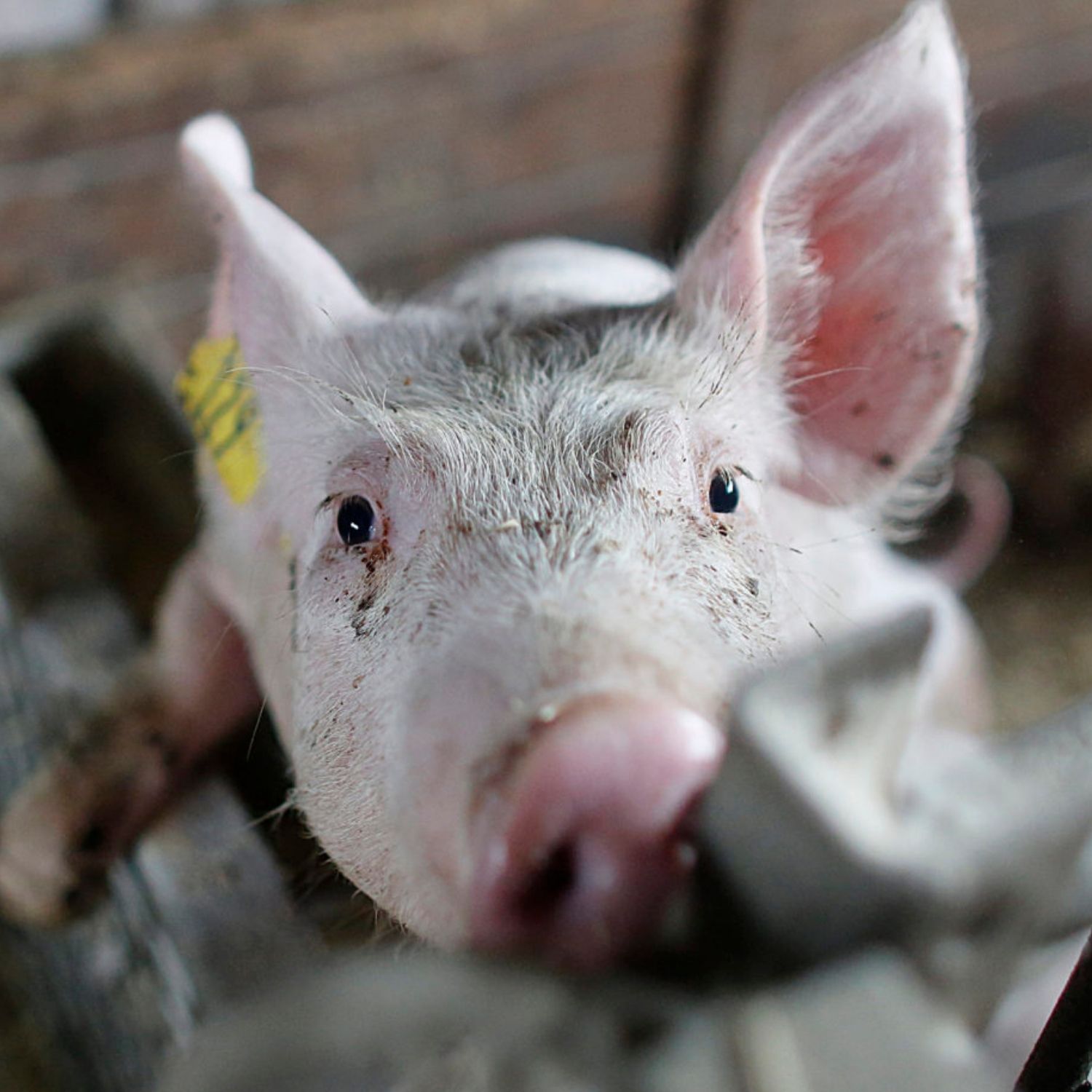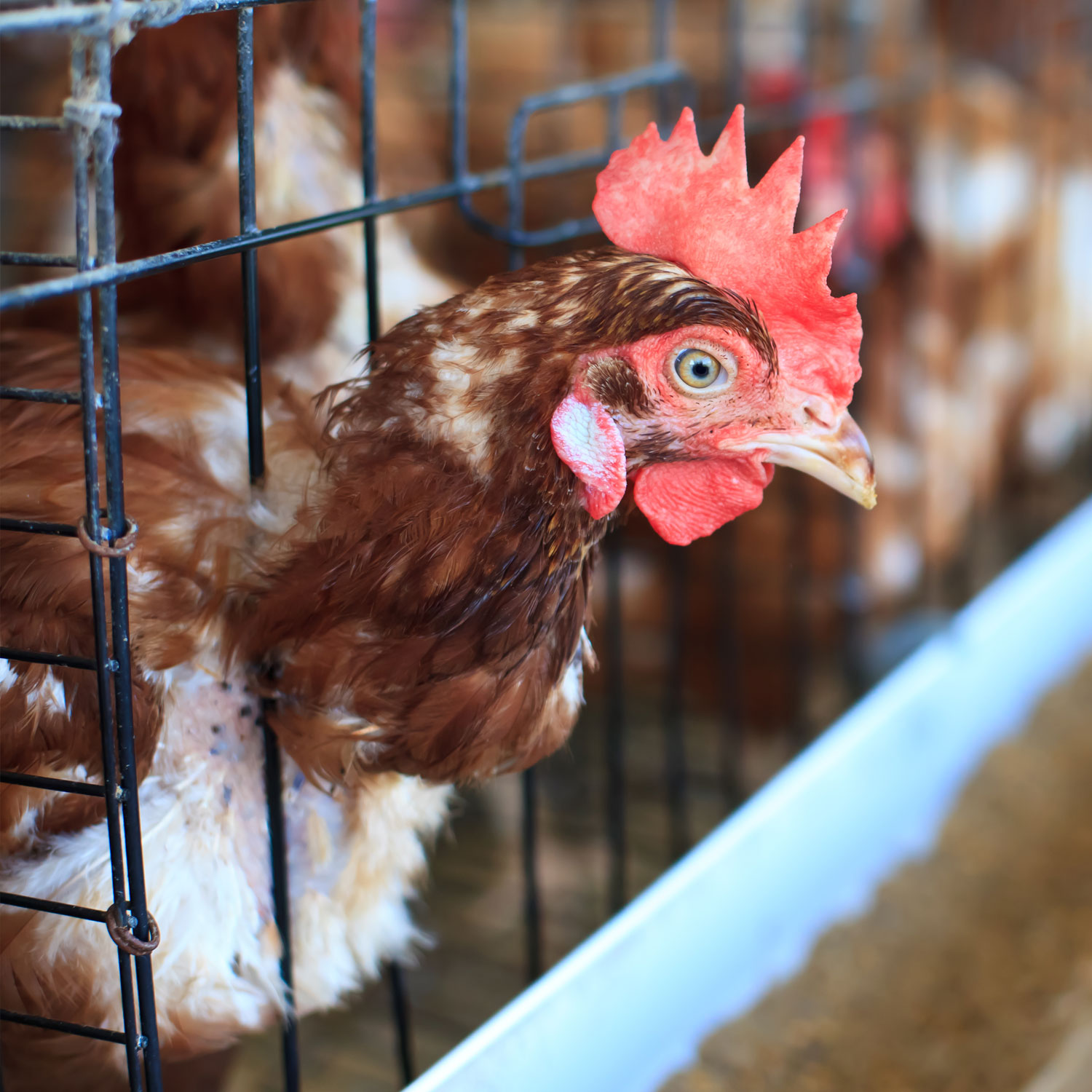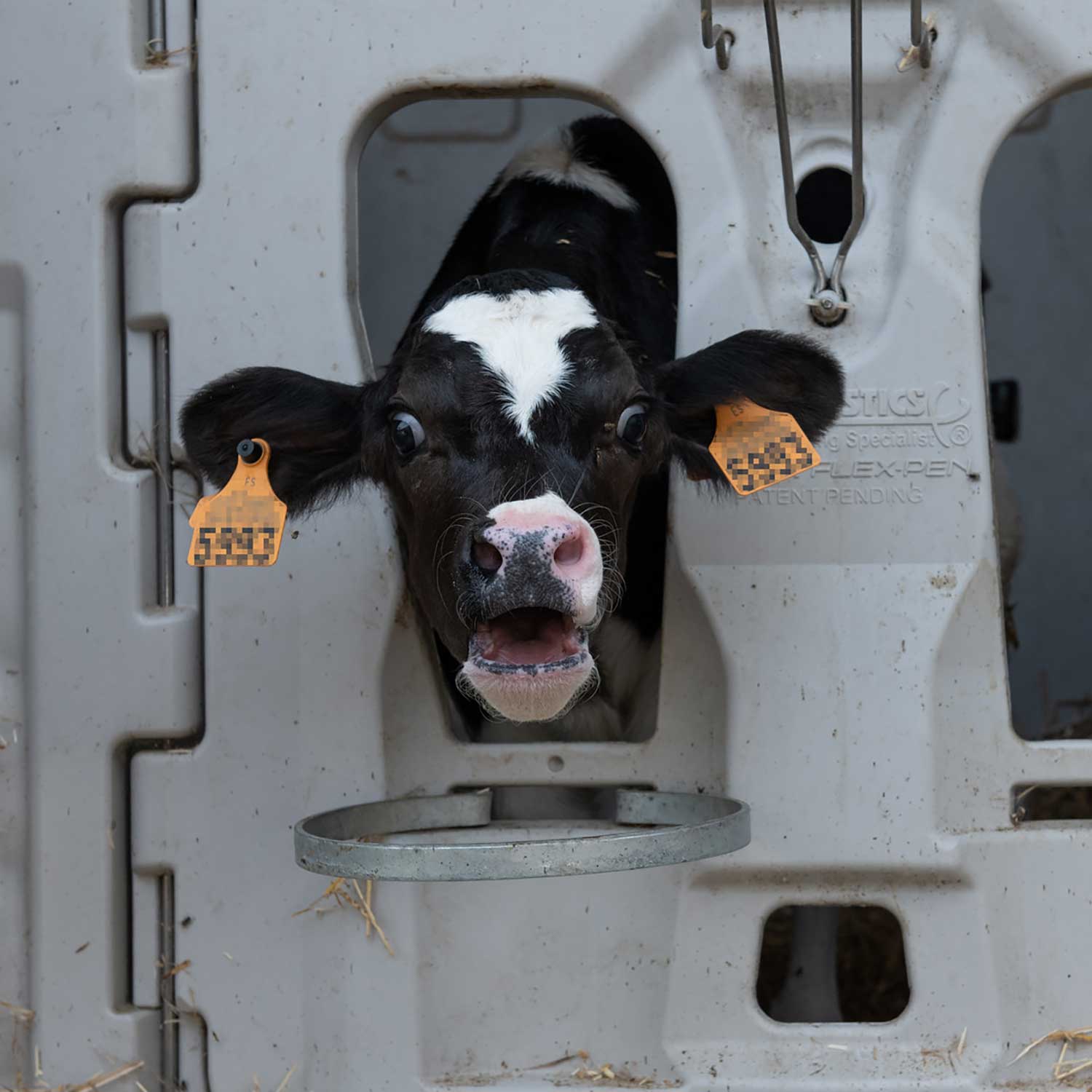End the Cage Age: Europe’s fight for animals
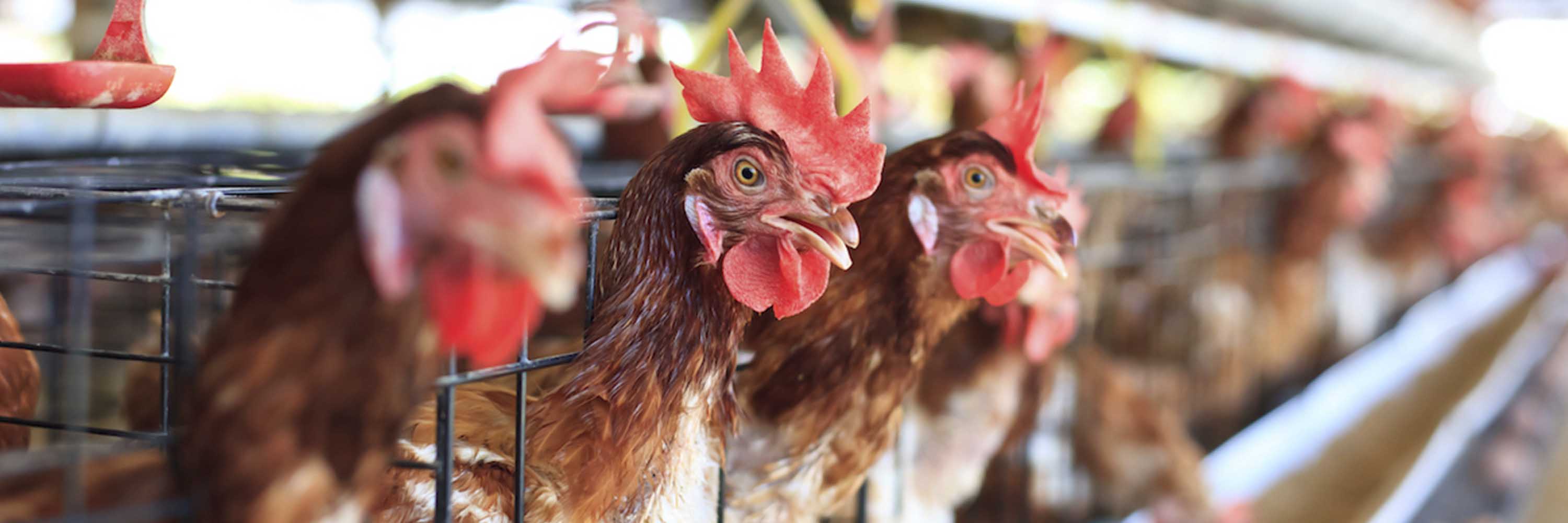

- Animal Equality joined the End the Cage Age campaign to stop the confinement of farmed animals in the European Union (EU).
- The campaign gained over 1.4 million signatures and support from the European Parliament. The European Parliament is a key player in the EU legislative process.
- The European Commission–which plays a crucial role in enforcing EU rules–pledged to ban cages by 2027. It also pledged to extend the same standards to imports.
- Progress has slowed, and many worry that pressure from the farming industry is causing delays.
- A coalition brought the case to Europe’s top court, with Animal Equality requesting to join as an intervening party. Advocates claimed the European Commission broke its 2021 promise to ban cages.
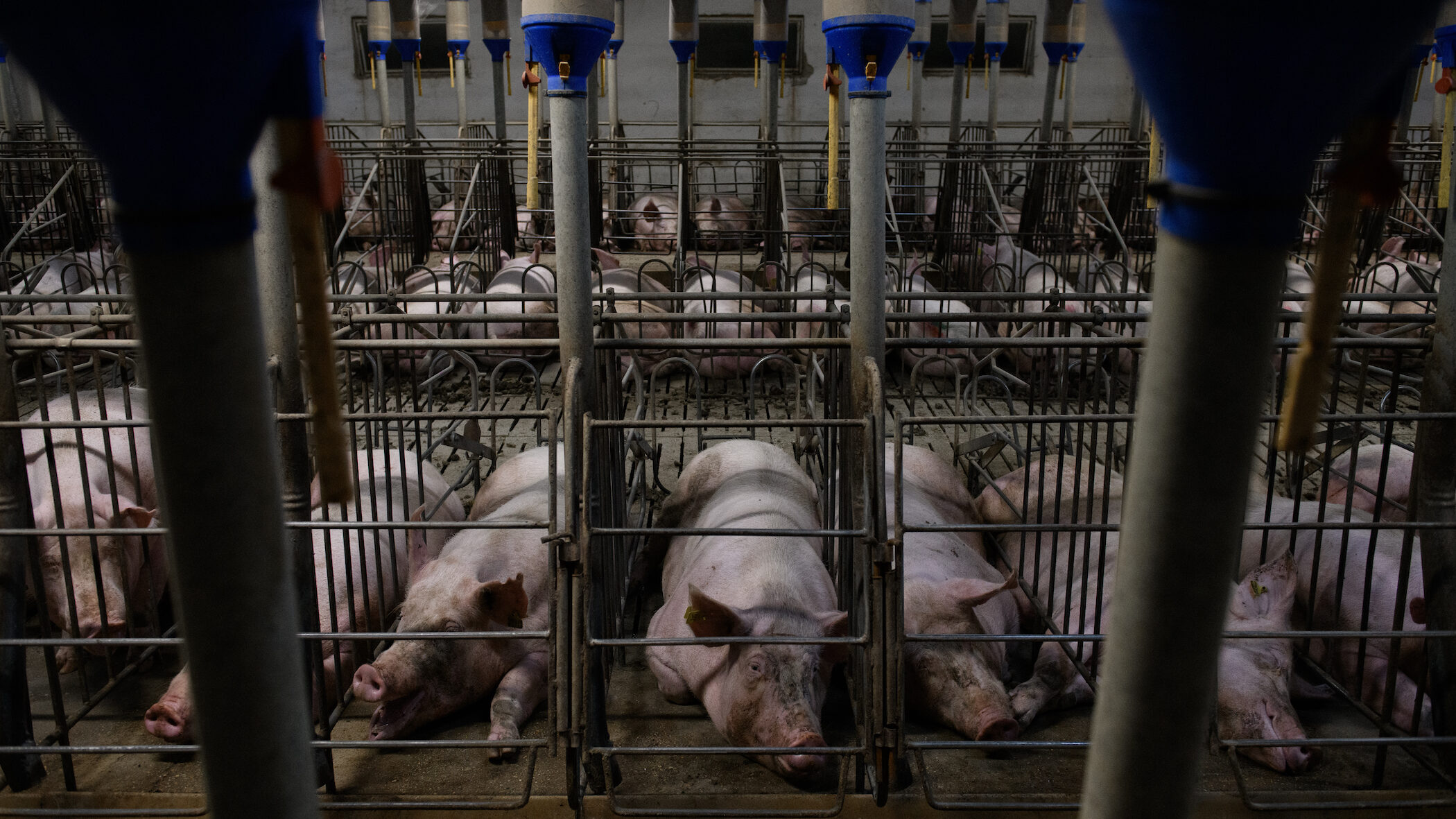
Update January 2025 – The Court of Justice approved Animal Equality’s involvement in the case against the European Commission. Animal Equality is now able to present evidence showing how delays harm animals.
Update September 2024 – The European Commission released a farming report after eight months of discussions on agriculture. It recommended revising EU animal protection laws and phasing out cages, but it didn’t set any requirements.
Update March 2024 – After the European Commission missed its 2023 deadline to propose new laws, advocates appealed to the EU’s Court of Justice. They asked the Court to require the Commission to set a new deadline and release key documents related to the case. This was the first time the Commission had been taken to court for failing to act on a public petition.
Update October 2023 – Animal Equality protested in Brussels, urging the European Commission President to ban cages. Despite a prior promise to reform animal protection laws–including a cage ban–progress has been slow.
Update September 2023 – The European Commission’s 2024 agenda failed to mention animal protection or banning cages, raising concerns about pressure from the factory farming industry.
Update June 2023 – Animal Equality’s Co-founder–Javier Moreno–spoke at the Spanish Senate, asking lawmakers to ban cages. Animal Equality also participated in a forum with lawmakers and other advocacy groups.
Update May 2023 – Italy’s End the Cage Age coalition gathered over 110,000 signatures, urging the Italian government to support a European-wide ban on cages.
Update March 2023 – Animal Equality in Spain held a demonstration at the Ministry of Agriculture, asking Minister Luis Planas to support a shift to cage-free farming across Europe.
Update December 2022 – Advocacy groups urged the Italian government to alter its 2023 budget, which failed to provide funding for a cage-free transition.
Update March 2022 – A public survey by the European Commission showed strong support for banning cages, with over 60,000 responses pushing for better animal protections.
Update June 2021 – The European Parliament supported the End The Cage Age campaign, calling for a ban on cages by 2027. Shortly after, the European Commission agreed to phase out cages by 2027 and to ensure imports followed these same standards.
Update April 2021 – The Agriculture Commissioner supported financial aid for farmers moving away from cages. The European Commission promised to decide on the cage ban by July 15, 2021. Later, over 100 EU Parliament members urged the Commission to ban cages.
Update February 2021 – More than 140 scientists–including Dr. Jane Goodall–sent a letter to the European Commission, supporting the End the Cage Age initiative.
Update October 2020 – The European Commission received nearly 1.4 million verified signatures from 18 EU countries, well over the required one million.
Update September 2020 – The Czech Republic passed a law stating that cages for hens will be banned after 2027.
Update June 2020 – The Italian government confirmed that more than 90% of Italy’s petition signatures were valid.
Update December 2019 – More than 160 organizations–including Animal Equality–sent a letter to EU leaders, asking for urgent legislation to ban cages.
Update September 2019 – The End the Cage Age petition closed with more than 1.5 million signatures, far surpassing the 1 million required.
Update May 2019 – One million EU citizens signed the #EndTheCageAge petition, making it the largest-ever political push for farmed animal protection in the EU. Animal Equality participated by collecting signatures for the campaign.
Update April 2019 – 145 nonprofits joined the “End The Cage Age” campaign.
Update March 2019 – Advocates met with the Italian Senate to push for a cage ban. With 600,000 signatures already collected, they aimed to reach 1 million.
Update February 2019 – The short film M6NTH– directed by Eline Helena Schellekens–won the prestigious Panda Award for nature films. The film supported the End the Cage Age initiative by highlighting the life of a piglet in industrial farming.
Update October 2018 – After launching in Brussels, Animal Equality and 18 other groups brought the End the Cage Age campaign to Italy with a special event at the Italian Parliament.
On September 25, 2018, the End the Cage Age initiative was launched at the European Parliament in Brussels. It brought together over 100 organizations from 24 countries with one clear goal: to ban cages for farmed animals in the EU.
What is “End the Cage Age?”
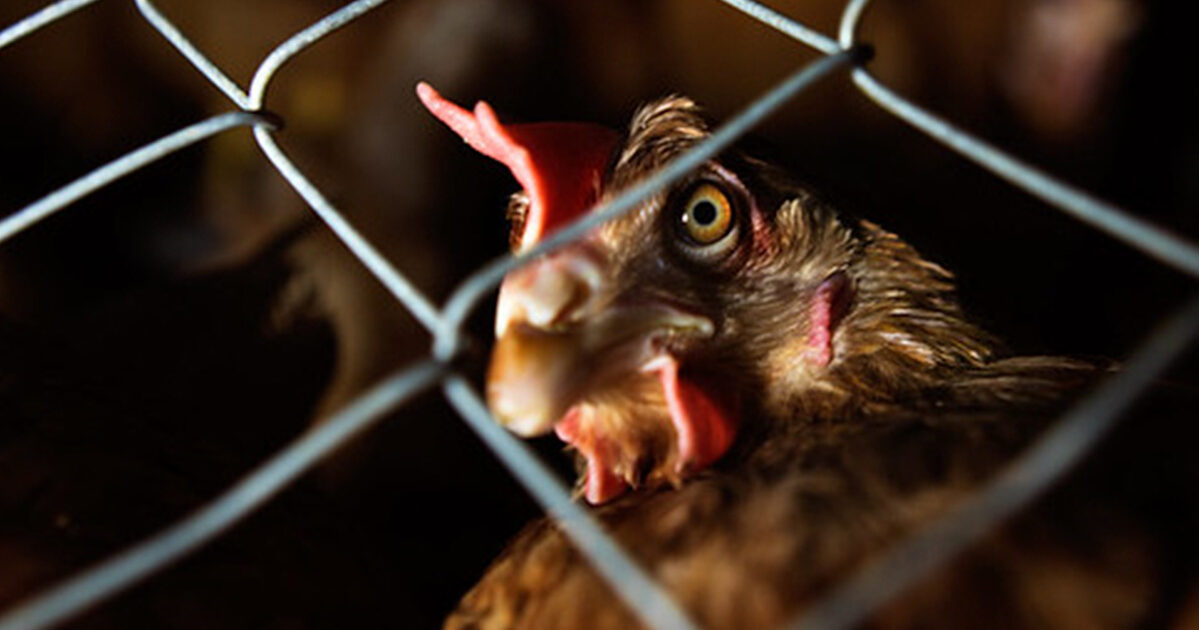
This initiative aims to stop the extreme confinement of animals like hens, rabbits, ducks, geese, female pigs, and calves.
Animal Equality has shown, through its investigations, the cruelty of these cages. Hens are crammed into cages so small they can’t spread their wings. Female pigs are trapped in crates where they can’t turn around. Rabbits are packed into cages with no space to hop, leading to stress and early death.
More than 300 million animals in Europe live in these conditions. Many suffer from untreated injuries, and some are even found living beside dead cage mates.
While some EU countries and companies are phasing out cages, they are still used widely across Europe. Supported by over 170 animal protection groups, the End the Cage Age initiative is pushing for a total ban on cages and better living conditions for farmed animals.
How did it all begin?
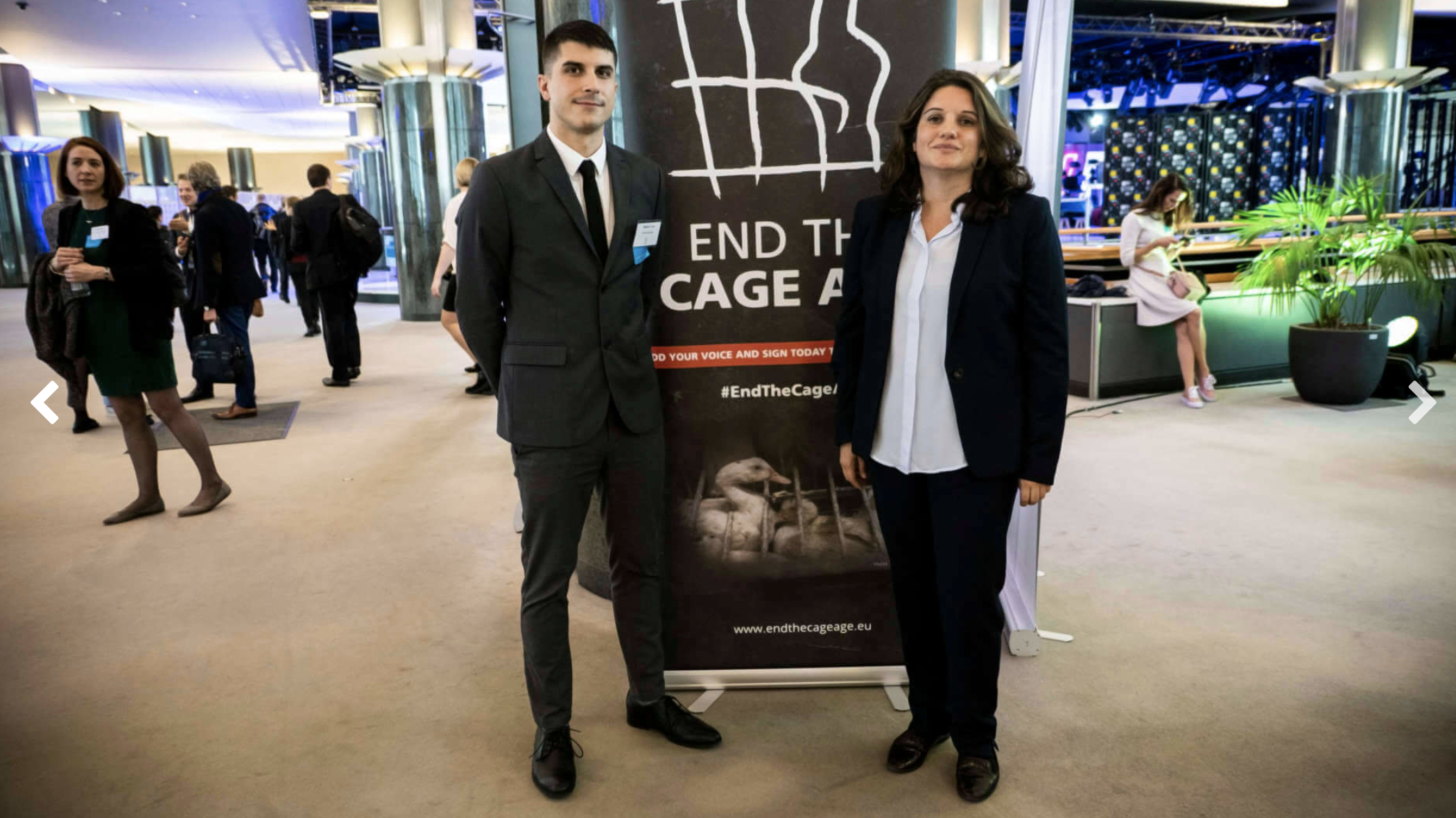
In 2016, Animal Equality joined an EU Parliament event–led by Member Stefan Eck–to show the cruelty on rabbit farms. Animal Equality also shared investigation footage with the EU’s Agriculture Committee.
A year later, Eck led the European Parliament to pass a ban on rabbit cages. Animal Equality backed this effort with its #BanRabbitCages campaign.
By 2018, Animal Equality had investigated 75 more rabbit farms in Spain and Italy. Investigators found rabbits with open wounds, dead animals in cages, and even cannibalism caused by extreme stress. British actor Peter Egan joined the campaign, urging EU lawmakers to ban rabbit cages.
These actions set the stage for the End the Cage Age initiative, launched by Compassion in World Farming. This movement has brought together citizens and animal groups across Europe to improve conditions for animals.
What challenges are advocates facing?

Despite growing public support for animal protections, critics argue that factory farming lobbyists are hindering progress. Reports from POLITICO and Lighthouse show the animal agriculture industry has strong influence over EU lawmakers.
These lobbyists have been accused of harassing advocates and using misleading economic data to block new regulations. They claim stricter protections would lead to food shortages, but their arguments often rely on old or misleading information. This pushback keeps slowing down the changes many people in Europe want to see.
What does this mean for the U.S.?
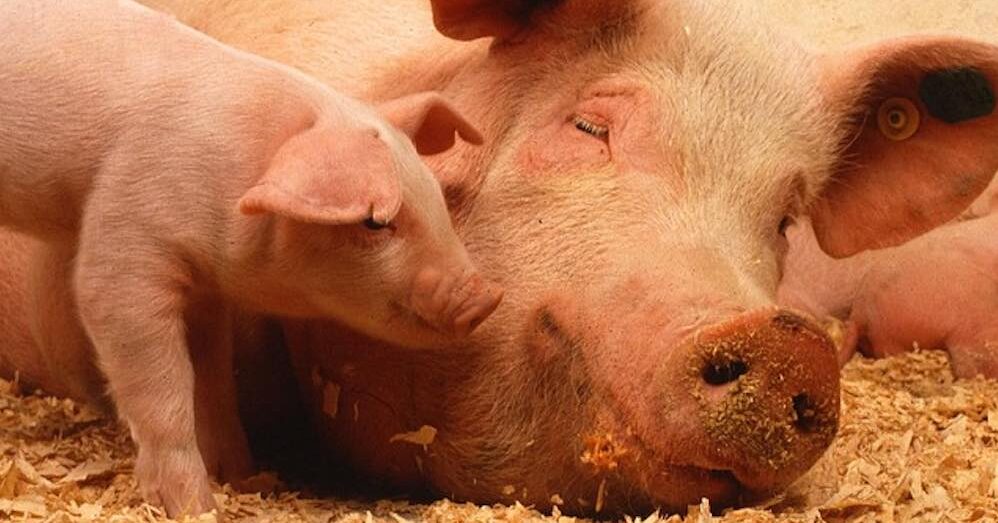
In the U.S., this strategy is familiar. After the Supreme Court upheld California’s Proposition 12—setting space requirements for mother pigs and other animals—the meat industry pushed back.
Since then, they’ve lobbied Congress to change the Farm Bill, a key law updated every five years. The House version could undo progress made by Prop. 12, which protects millions of animals from cramped cages.
Even though California voters strongly backed Prop. 12, it’s now at risk. If the House passes these changes, key protections for farmed animals could be removed, ignoring the will of the people. This could erase years of progress and set a harmful precedent for animal protections nationwide.
How can I take action today?
While banning cages is a step forward, animals still face overcrowding and eventual slaughter. The most effective way to reduce animal suffering is by choosing plant-based alternatives to meat, dairy, and eggs.
The good news? Cruelty-free eating is easier than ever. Millions of Americans have already made the switch, knowing that every plant-based meal is a step in the right direction.
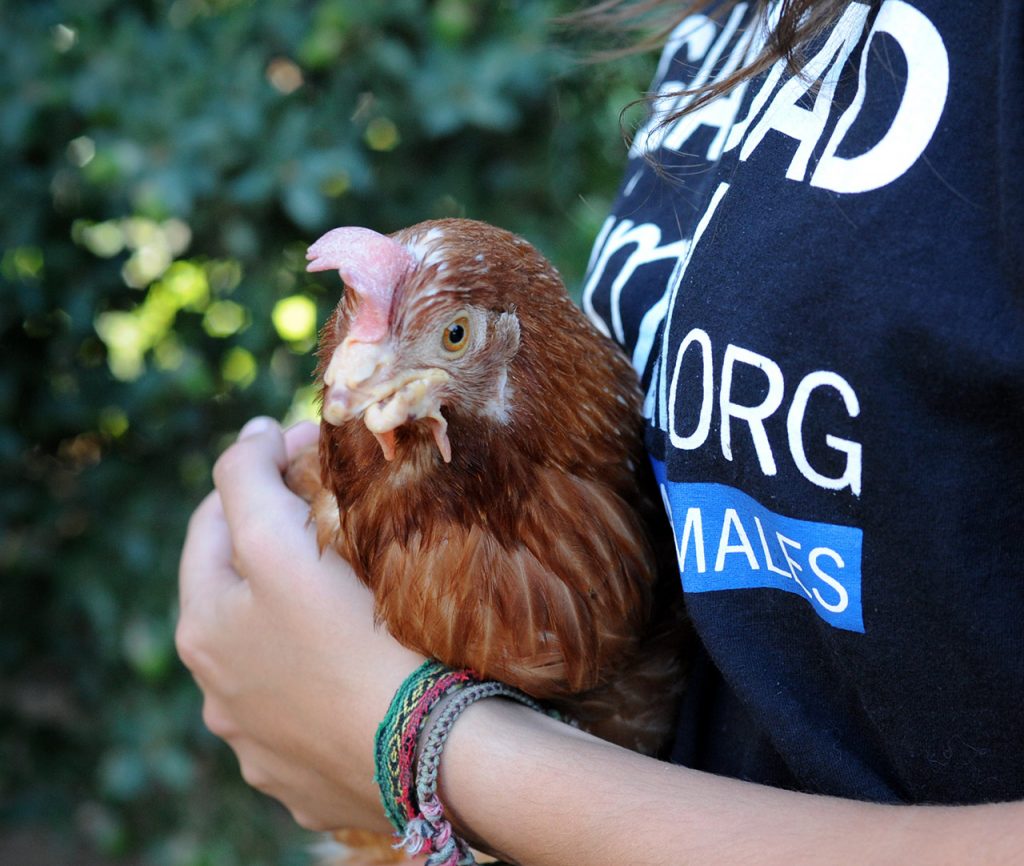
LIVE KINDLY
With rich emotional lives and unbreakable family bonds, farmed animals deserve to be protected.
You can build a kinder world by replacing animal food products with plant‑based ones.

